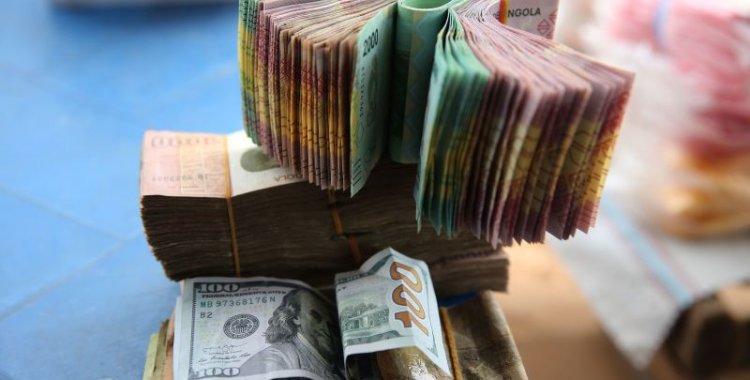According to Lusa's analysis of the official exchange rates for the kwanza, the national currency has been appreciating consistently since the beginning of the year, driven by the rise in oil prices and giving rise to several positive implications for Angola's economic indicators.
For the governor of the National Bank of Angola, the current value of around 450 kwanzas per dollar is balanced: "We have been witnessing an increase in confidence in the currency, generating considerable gains for the kwanza", said José Lima Massano, in statements to the Bloomberg financial information agency in mid-March.
"The balance of the kwanza has been restored", considered the governor, referring to the difference that existed between the price of the kwanza in the formal and informal market, with differences that could go up to 150 percent, but which are now practically nullified.
The kwanza is gaining in value due to the improved forecast of the evolution of the economy of Angola, the second largest oil producer in sub-Saharan Africa, and the partial liberalization of the exchange rate, argued the governor, referring to the measure taken in 2018 and which, in practice, de-indexed the kwanza to the dollar, which in the following years caused a depreciation of "more than 80 percent".
The measure, said Massano, was necessary to eliminate "major dysfunctions and imbalances in the Angolan foreign exchange market", but had the effect of losing purchasing power and increasing the public debt-to-GDP ratio, since a large part of the debt from Angola was issued in dollars.
In addition to the strengthening of the kwanza against the dollar in recent quarters and the increase in tax revenues through the increase in the price of oil, "consumers are also benefiting from the Government's decision, in October 2021, to cut the VAT rate of essential goods from 14 to 7 percent", point out analysts from Oxford Economics Africa in a recent note on the evolution of the currency.
Angola's economy emerged from a five-year recession in 2021, growing by 0.7 percent, according to the National Institute of Statistics of Angola, and is expected to grow by 3 percent this year, according to the International Monetary Fund (IMF) forecast. .







